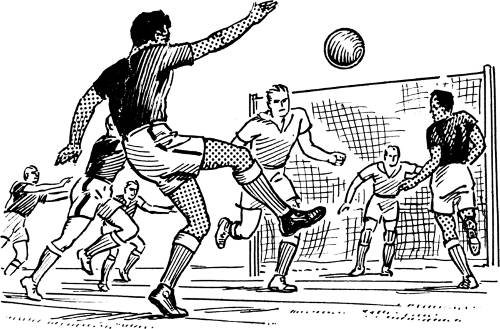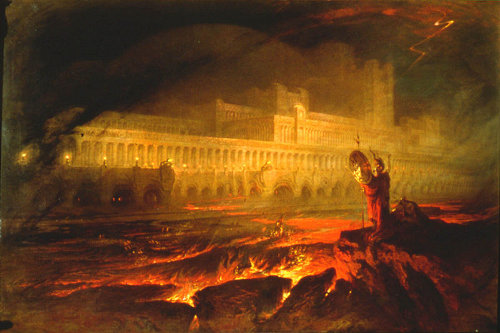Suppose we find some coherent way to formulate the view that a person’s death is a misfortune for him because it deprives him of goods. Then we face another Epicurean question: when is it a misfortune for him? It seems wrong to say that it is a misfortune for him while he is still alive — for at such times he is not yet dead and death has not yet deprived him of anything. It seems equally wrong to say that it is a misfortune for him after he is dead — for at such times he does not exist. How can he suffer misfortunes then?
— Fred Feldman, “Some Puzzles About the Evil of Death,” The Philosophical Review, April 1991




